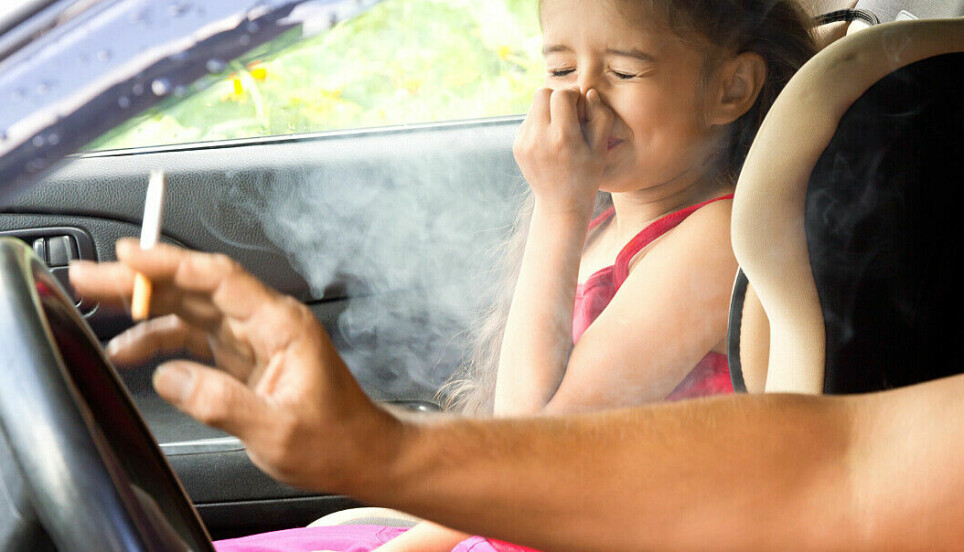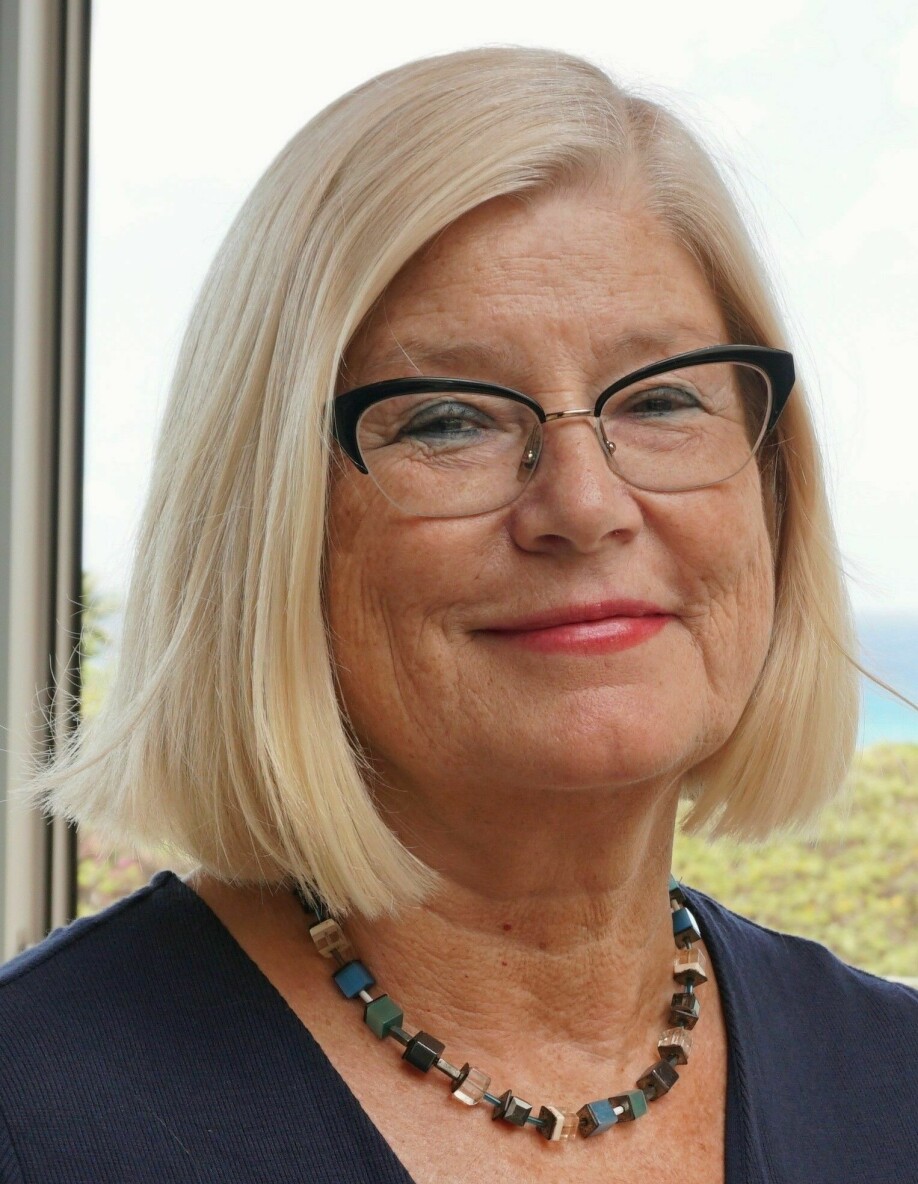
Girls exposed to second-hand smoke have increased risk of breast cancer as adults
Researchers in Tromsø have calculated that seven percent of breast cancer cases could have been avoided if parents had not smoked.
It has long been known that not only smoking but also passive smoking increases the risk of lung cancer and heart attacks.
Now, researchers at UiT The Arctic University of Norway have found evidence that girls who were exposed to passive smoking have an increased risk of developing breast cancer several decades later.
According to one of the researchers, this is the first time anyone has been able to detect a clear, increased risk of breast cancer in women who were exposed to second-hand smoke in childhood.
Breast tissue is vulnerable to smoke effects
The air you breathe during passive smoking contains the same harmful substances that smokers inhale.
“We also know that breast tissue is very susceptible to the effects of carcinogens before and during development in puberty,” says Inger Torhild Gram, a professor at UiT and one of the researchers behind the study.
To investigate whether passive smoking caused more cases of breast cancer, the researchers followed almost 46 000 women over two decades.
Women who had never smoked
The researchers included Norwegian women who stated as part of their answers in the Women and Cancer study that they had never smoked themselves.
“We asked them if they had been exposed to passive smoking by their parents in childhood. Then we divided them into two groups depending on whether they answered yes or no,” Gram says.
The researchers then followed the health of the women participants from 1991 to 2018, with the help of the Cancer Registry of Norway and the Norwegian Cause of Death Registry.
A total of 2185 of the women were diagnosed with breast cancer during this time.

One in 14 cases of breast cancer related to second-hand smoke
The researchers found a clear prevalence of breast cancer among women who had been exposed to second-hand smoke as children.
“Our main finding shows that one in 14 cases of breast cancer among all the women in the study could be linked to passive smoking in childhood,” Gram says.
This corresponds to seven percent of the cancer cases, which is a high number since breast cancer is one of the most common cancers today.
One in ten cases of breast cancer in participants who were exposed to second-hand smoke could have been avoided had they not been exposed to second-hand smoke as children.
“We believe this finding is yet another important reason to protect children and young girls from tobacco smoke,” says Gram.
Breast cancer at age 61
The women were followed up for an average of 20 years, and up to 27 years for some of them.
The researchers waited until now to identify enough new cases of breast cancer to make the findings as accurate as possible.
The vast majority of women who had breast cancer were between 45 and 79 years old when they were diagnosed.
Those who had been exposed to passive smoking from their parents were on average a little over 61 years old when they were diagnosed.
Sensitive to carcinogens
"As far as we know, our study is the first one in the world that has been able to calculate how many cases of breast cancer could have been avoided if the parents hadn’t exposed them to passive smoking," says Gram.
How can cigarette smoke in the air so far back in time cause breast cancer so much later?
“The breast tissue is very sensitive to being exposed to carcinogens before a woman has had her first child,” the professor says.
We don’t know exactly when the exposure is most dangerous, she adds.
Good news
Gram believes the study findings can be interpreted in a positive way.
“In Norway we’re now good at protecting children from passive smoking. That will help avoid many future cases of breast cancer,” she says.
Worldwide, less than 10 percent of women are daily smokers. However, a high proportion of girls and boys are exposed to passive smoking in certain countries, especially through smoking by fathers.
Gram believes the findings support the importance of the World Health Organization (WHO) Framework Convention on Tobacco Control, Article 8, which addresses protection from exposure to tobacco smoke.
The framework convention has not yet been fully implemented in Norway. Gram believes this may be because the framework convention recommends making it illegal to smoke in the car if children are in it.
This recommendation has not been adopted in Norway.
Ministry of Health is assessing changes in the law
“Article 8 of the Tobacco Convention contains a general obligation to introduce regulations that protect the population from second-hand smoke. There is no direct obligation to ban smoking in private cars where children are passengers,” says State Secretary Maria Jahrmann Bjerke in the Norwegian Ministry of Health and Care Services.
She notes that before the summer, the Ministry sent a number of proposals for amendments to the Tobacco Control Act for consultation.
One of these proposals is a ban on smoking in private cars where children are passengers. The deadline for consultation expired on 22 September, and the Ministry will review the input that has come in and assess further progress, according to Bjerke.
Reference:
I. T. Gram et al: Never-smokers and the fraction of breast cancer attributable to second-hand smoke from parents during childhood: the Norwegian Women and Cancer Study 1991-2018. Summary. International Journal of Epidemiology, 1 August 2021.































